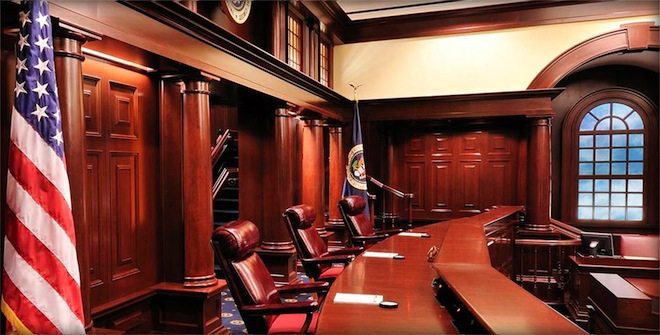A federal circuit court’s actions may lead to unchecked patent abuse in the tech sector.
In the wake of a key appeals court’s decision Friday to uphold a controversial patent owned by Ultramercial, the tech industry fears that patent abuse will continue, unabated.
Washington Post tech policy writer Timothy E. Lee tweeted that the United States Court of Appeals for the Federal Circuit missed an “opportunity to rein in patent trolling.” This view is echoed by the patent reform nonprofit Electronic Frontier Foundation, among others. The foundation issued a statement urging the courts to take steps to “limit some of the worst software patents we’ve seen.”
[A related area of controversy: Patents on human genes.]
Ultramercial claims a process for offering a customer the option to view advertising online as an alternative to purchasing content. The company, a self-described “audience engagement engine,” has filed suit against video streaming site Hulu and game network WildTangent.
The U.S. Supreme Court has held that you cannot patent abstract ideas (as well as laws of nature and physical phenomena). But the courts ruled in the Ultramercial case that steps were completed on the Internet, making it an original enough process, even though the underlying idea is indeed abstract.
The Washington Post reports that as a result, tech companies are patenting “conceptual categories for future inventions,” and the courts are allowing it.
Furthermore, it’s entirely plausible that another company might come up with a similar concept by accident, causing an original patent-holder to sue.
The end result? A stifling effect on good ideas.
Legal scholars believe that the Ultramercial decision is not definitive, given that previous abstract patent cases have split the vote. In addition, federal judges have vacillated on making a firm decision (as evidenced by the hotly-anticipated CLS Bank v. Alice Corp. case in May, which offered little or no legal precedent).
However, the American Lawyer journal suggests even skeptics may see a silver lining. The Ultramercial or CLS Bank cases may make it to the Supreme Court. Judges have not been shy about addressing hot button patent-eligibility issues.
“We could end up with a quartet of high court rulings that shrink what is patentable,” patent expert, Weil Gotshal & Manges partner Ed Reines, told American Lawyer.
In the meantime, this atmosphere of uncertainty is a blow to entrepreneurs, who fear they might be confronted by a competitor or “patent troll” willing to sue for royalties.
VentureBeat's mission is to be a digital town square for technical decision-makers to gain knowledge about transformative enterprise technology and transact. Learn More

